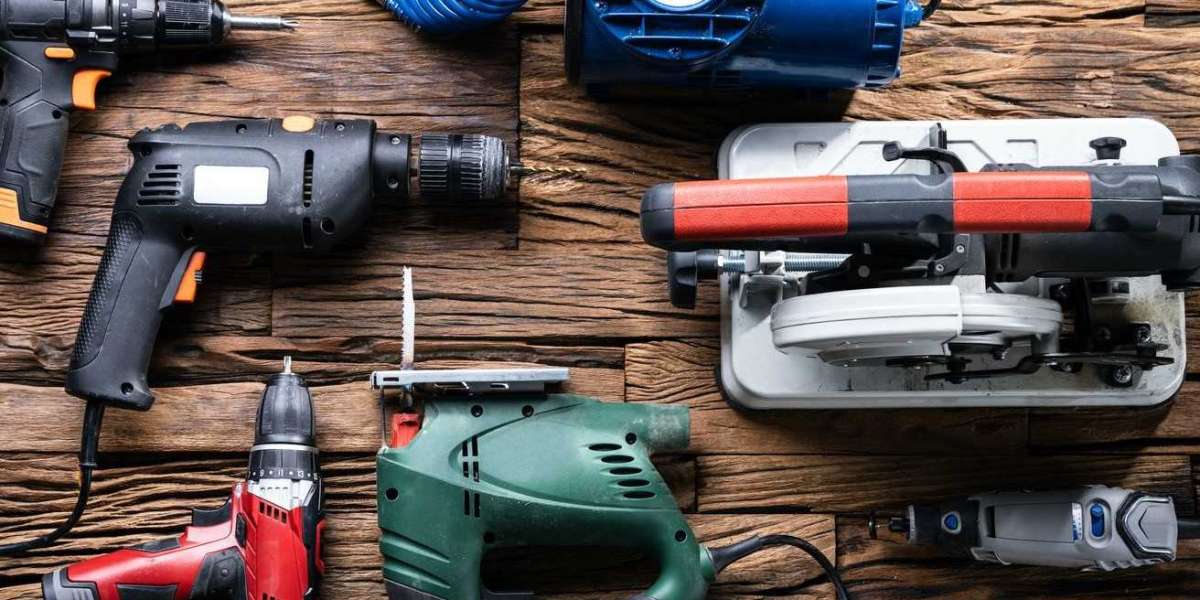Business assets such as a computer, machinery, vehicles, or other equipment that wear out over time. Businesses are allowed to write off a part of the asset’s loss in value when planning their taxes throughout its life, thus reducing their taxable income by that amount.
In 2002, the federal Job Creation and Worker Assistance Act allowed businesses of 30% depreciation on certain new property. As of September 2017, lawmakers revised bonus depreciation to 100% for new and used property. And starting in 2023, bonus depreciation will decline by 20% each year, becoming ‘zero’ in 2027.
IRC Section 179 Expensing is an equally beneficial alternative to bonus depreciation.
Let’s discuss how:
What is IRC Section 179 Expensing?
As per IRC (Internal Revenue Code) Section 179, eligible businesses can immediately deduct the cost of qualifying purchases such as equipment or machinery. This allows companies to get an immediate break from their tax burden. This rule is beneficial particularly for small businesses, helping them grow their business by purchasing new equipment with tax relief.
However, the purchased equipment must qualify for the specifications within Section 179 of the tax code. Learn more from a CPA accounting firm.
List of Properties that Qualify for a Section 179 Deduction
Section 179 expense deduction applies to most types of business equipment. These include:
- Equipment and machinery
- Business vehicles (with limited deduction)
- Computers
- Office furniture
- Off-the-shelf computer software
- Costs of certain building improvements
- Certain storage and agricultural structures
The property must be in service during the same tax year for which you claim the deduction.
Types of Businesses That Qualify for Section 179 Deductions
- LLCs
- Corporations
- Partnerships
- Sole proprietorships
Changes to IRC Section 179 Expensing: Limits in 2023
If you’re planning business taxes, you should be aware of the new Section 179 limitations for the 2023 tax year. The following shows the new limits set by the new Tax Cuts and Jobs Act (TCJA):
- Section 179 Maximum Deduction- $1,080,000 in 2022 and $1,160,000 in 2023.
- Phase-out threshold- $2,700,000 in 2022 and $2,890,000 in2023.
- Bonus Depreciation- 100% in 2022 and 80% in 2023.
- Equipment- New and used for both 2022 and 2023.
In 2023, the benefits of Section 179 apply to small and mid-size businesses that spend less than $4.05 million annually on equipment. Get small business bookkeeping services from a certified CPA firm.
Benefits of IRC Section 179 Expensing for Businesses
- Immediate Deductions: Section 179 allows businesses to deduct the full cost of qualifying assets in the year they are purchased and placed in service rather than spreading the deductions over several years through standard depreciation.
- Flexibility with Timing: Businesses have the flexibility to choose which purchases to cover under the Section 179 deduction and which to save for future tax breaks. They can even split the deduction for individual purchases, allowing for strategic tax planning.
- Real Estate Upgrades: Unlike bonus depreciation, Section 179 can be used for real estate upgrades, such as adding a new roof to a building.
- Higher Deduction Limits: The Tax Cuts and Jobs Act increased the Section 179 deduction limit. For 2022, the maximum deduction is $1,080,000, with a phase-out threshold starting at $2,700,000. The limit is estimated to be $1,160,000 in 2023.
- Beneficial for Smaller Businesses: Section 179 is particularly advantageous for small businesses. If a business spends more than the phase-out threshold on qualifying equipment, the amount eligible for the Section 179 deduction decreases. However, the limits are set high enough that they don’t typically impact smaller businesses.
- No Business Loss: Section 179 expensing is limited to the annual net taxable income earned by the taxpayer’s business, ensuring that it doesn’t create a loss for the year. Any undeducted amounts can be carried forward indefinitely to future years.
- Complementary to Bonus Depreciation: Businesses can use Section 179 expensing and bonus depreciation in the same year, allowing maximum tax benefits. While both methods allow for immediate deductions, they have different rules and limits, making them suitable for different scenarios.
Section 179 Expensing May Not Lead to a Loss, but Bonus Depreciation Can.
Section 179 Expensing is limited to the annual net taxable income of the business. Now, this can be misleading because to be eligible for the deduction, business income includes W-2 income. The deduction may not go above the defined business income and still causes a loss for the year. And these deductions may not be carried forward to future years.
On the other hand, bonus depreciation is unlimited and can result in a loss. As of 2021, you may only carry forward net operating loss (NOL) indefinitely. Also, NOLs may offset up to 90% of taxable income.
Get Help With Business Tax Planning
If you’re planning to buy equipment before the end of the year and want quality for Section 79, GNS CPAS is here to help.
We’ll create a customized tax strategy for your business and help you maximize your tax deductions. As your tax partner, we also offer payroll and bookkeeping services so we can manage more of your tax and accounting, and you can focus on core business activities.
Want to know how much your business can save with IRC Section 179? Make an appointment with our tax experts.
FAQs
Does IRC Section 179 cover real estate?
Section 179 doesn’t cover purchases of real estate. However, it also doesn’t cover land and land improvements, such as paved parking spaces, swimming pools, fences, docks, wharves, and bridges.
But, IRC Section 179 covers a few special types of property, including:
- Property used primarily for lodging.
- Security systems
- Roofs
- Fire alarms
- Protection systems
- Ventilation, heating, and air-conditioning property
How long do you have to keep a vehicle under Section 179?
No specific duration is set by the IRS (Internal Revenue Service). However, the vehicle must be used for business at least 50% of the time over its “class life.” Otherwise, some part of the deduction might need to be captured.
Get tax services San Bernardino from us at GS Accountancy, Inc.
Original source: https://bit.ly/3UkKaCZ







